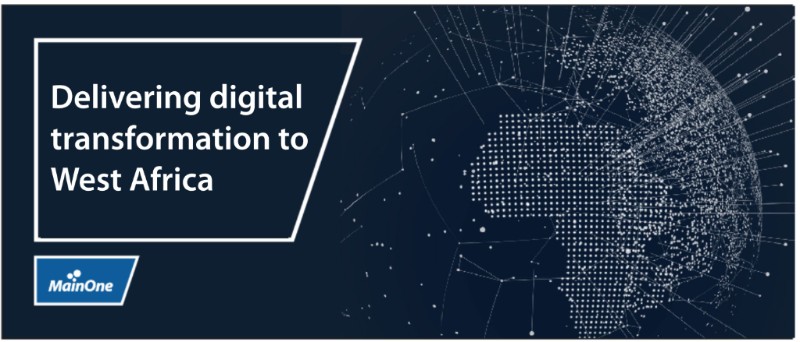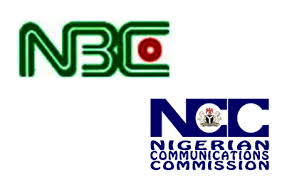Though Nigeria currently has four Internet Exchange Point (IXPs), including Lagos, Port Harcourt, Abuja and Kano, power challenge has continued to frustrate the Kano centre.
Experts say an Internet exchange point (IX or IXP) is a physical infrastructure through which Internet service providers (ISPs) and Content Delivery Networks (CDNs) exchange Internet traffic between their networks (autonomous systems).
IXPs reduce the portion of an ISP’s traffic, which must be delivered via their upstream transit providers, thereby reducing the average per-bit delivery cost of their service.
It would be recalled that IXPN is an initiative of the Nigerian Communications Commission (NCC) that enables ISPs, telecommunications operators, content providers and educational institutions to exchange Internet traffic locally within Nigeria.
The Managing Director of IXPN, Muhammad Rudman, said Nigeria won the bid to become Regional Internet Exchange Point (RIXP) for West Africa region in the African Internet Exchange System project under the African Union (AU) Commission.
Currently, IXPN is in the process of receiving grant from AU to achieve among others the provision of power autonomy to Kano exchange point through solar panels and battery bank; interconnect one West African country as a proof of concept for RIXP; upgrade IXPN core equipment to handle large traffic capacity, among others.
He said regional IXPs would promote localisation of traffic in each zone and more efficient way of exchanging traffic across the country.
This is as the Nigerian Communications Commission (NCC) has revealed that Nigeria is saving as much as N2 billion yearly for ensuring that ISPs route their data traffic locally, through the IXPN.
The Executive Vice Chairman of NCC, Prof. Umar Garba Danbatta, made the disclosure at the Telecoms Executive and Regulator’s Forum (TERF) organised by the Association of Telecoms Companies of Nigeria (ATCON) in Lagos.
He said since the establishment of IXPN, most ISPs now route their traffic locally through the exchange, instead of routing data traffic through servers hosted outside the country, thereby saving cost for their companies and the country.
He noted that “For every internet content hosted locally it saves us foreign exchange, which would have been paid to foreign companies, this ensures that local data centres flourish, hence creating more jobs and increase technical competency for local engineers.
The Nigerian IXP is rated the second largest IXP in Africa, and it has become a very critical national resource that has made it possible for Nigeria to host critical Internet resources such as the E-Root, F-Root and J-Root Domain Name Servers (DNS).
Rudman expressed hope that by the time the Kano centre begins to run; the country will gain more as data traffic will grow.









